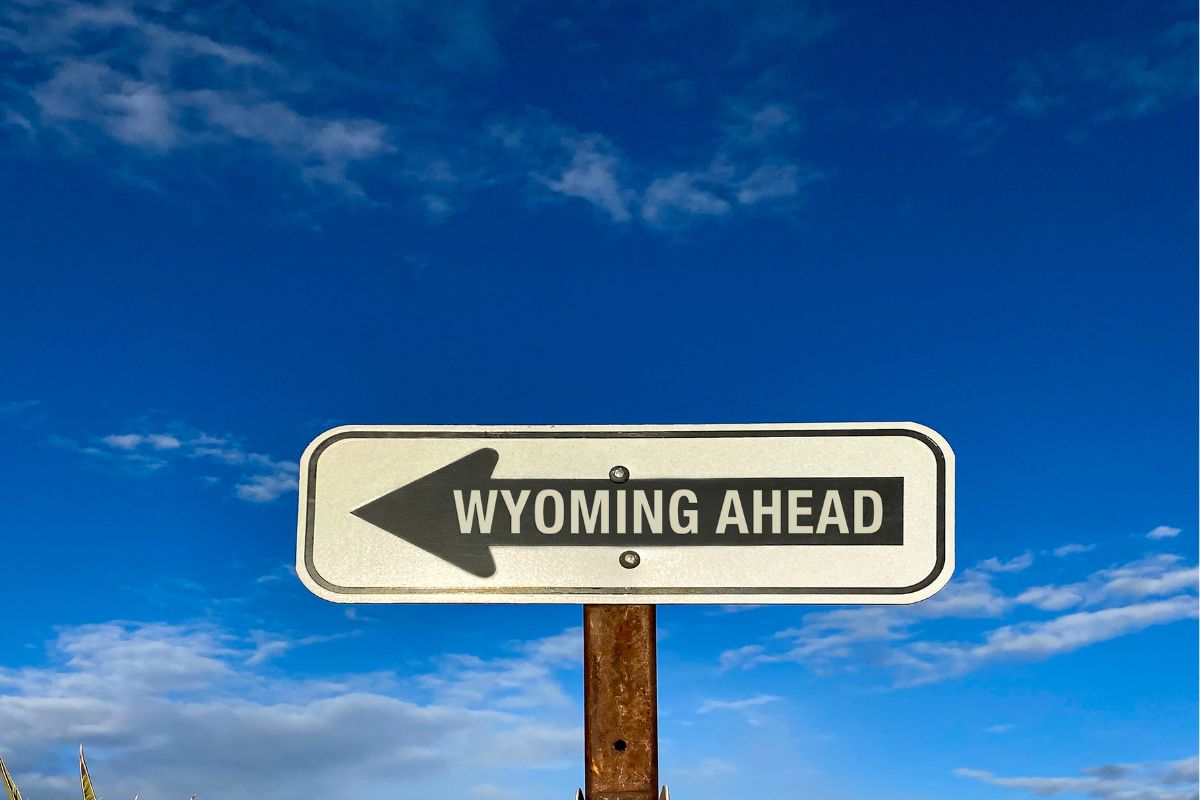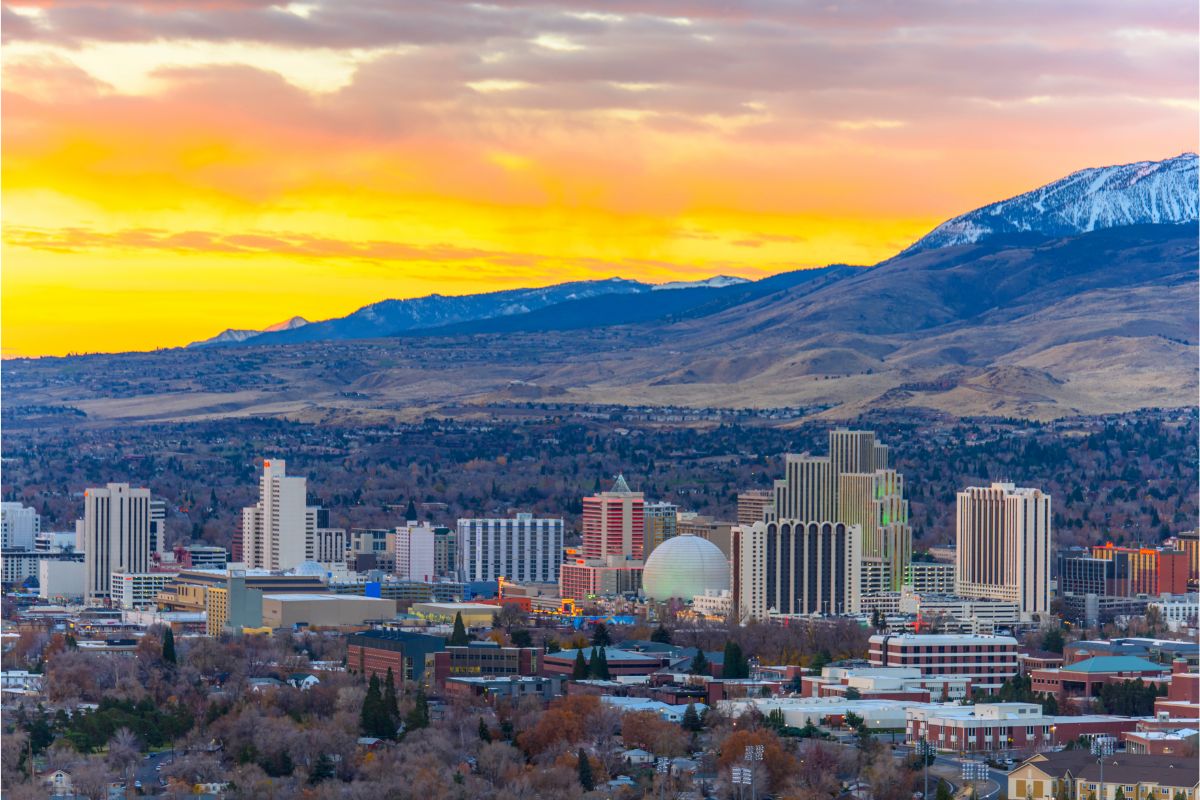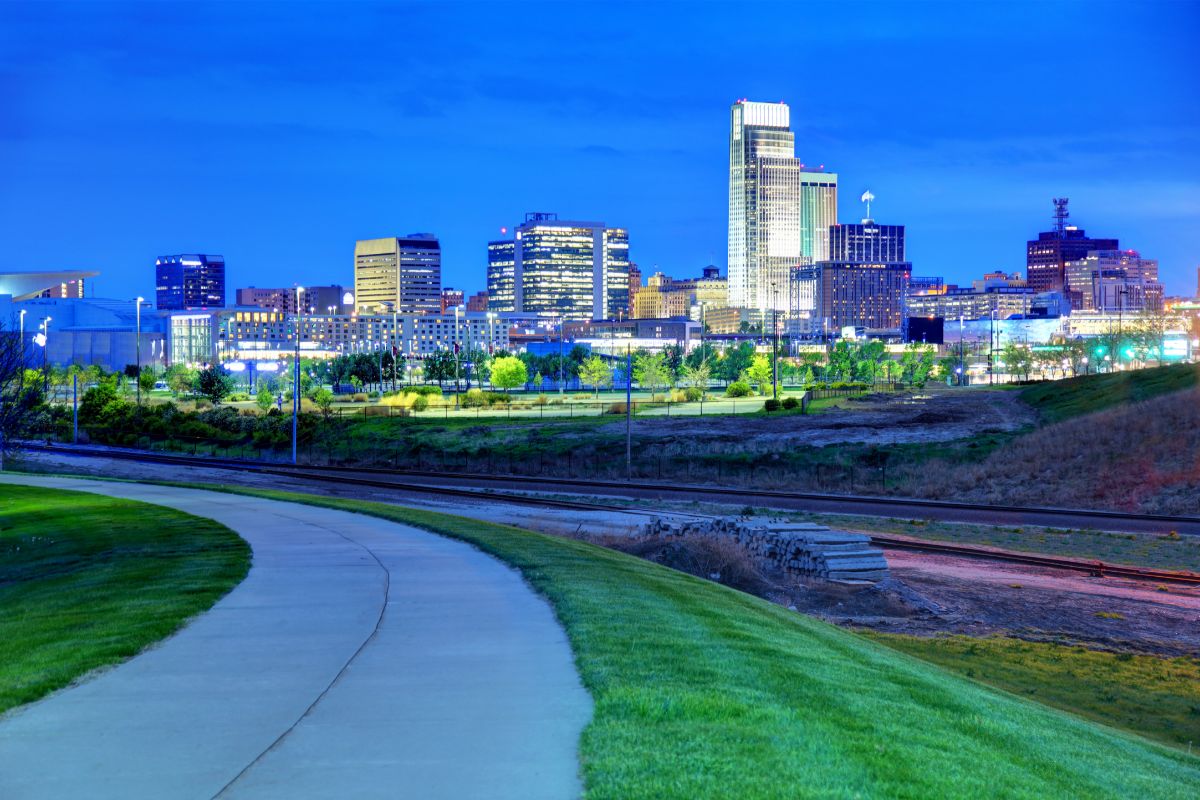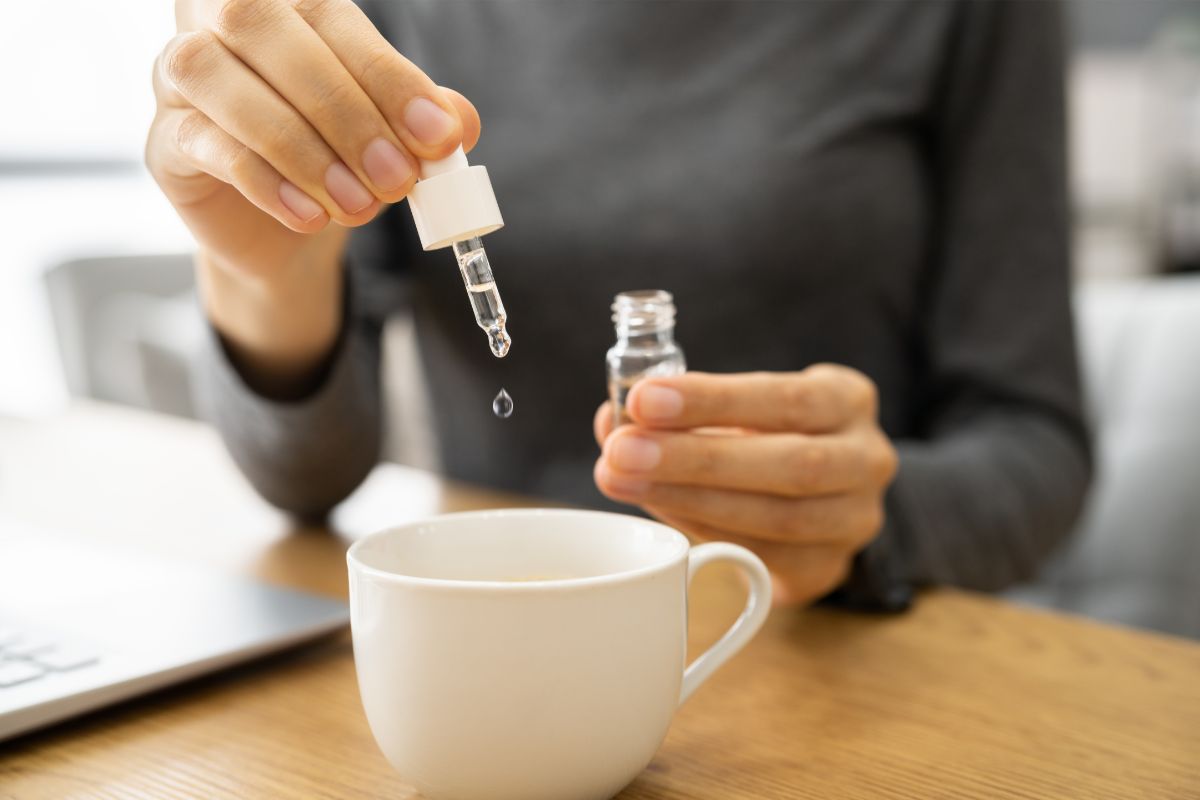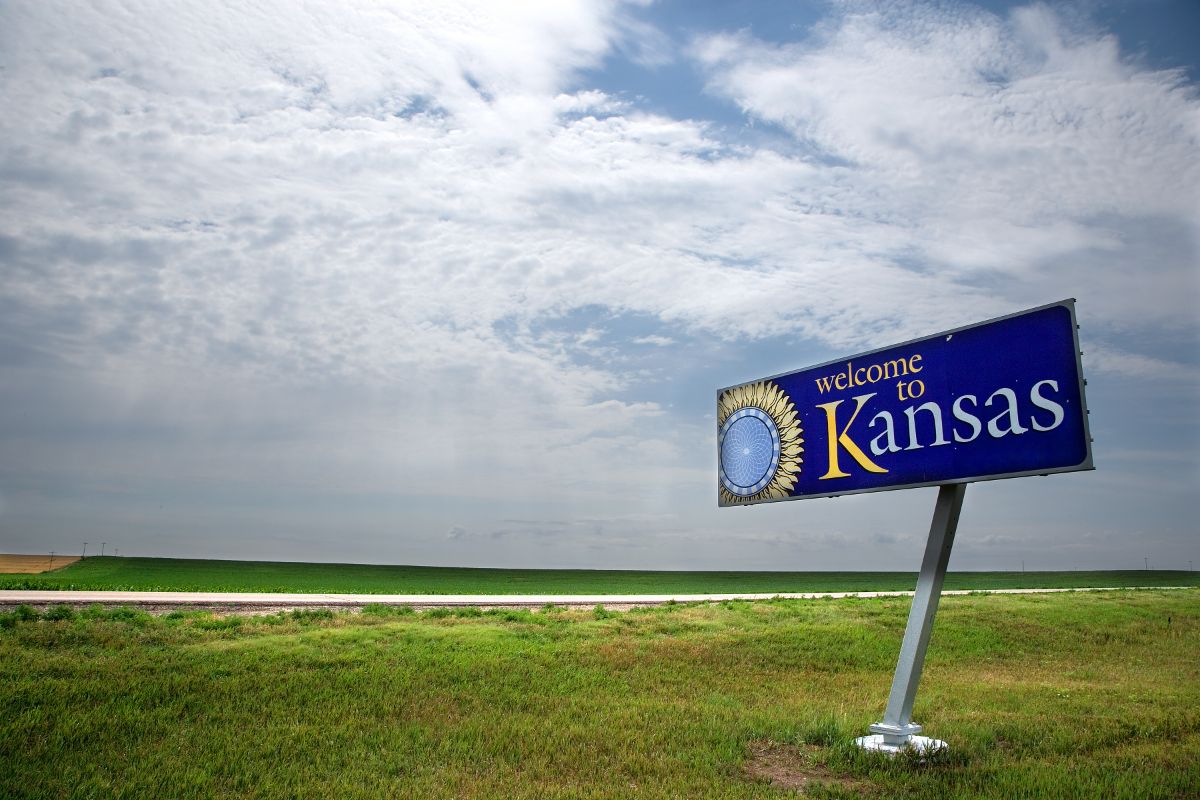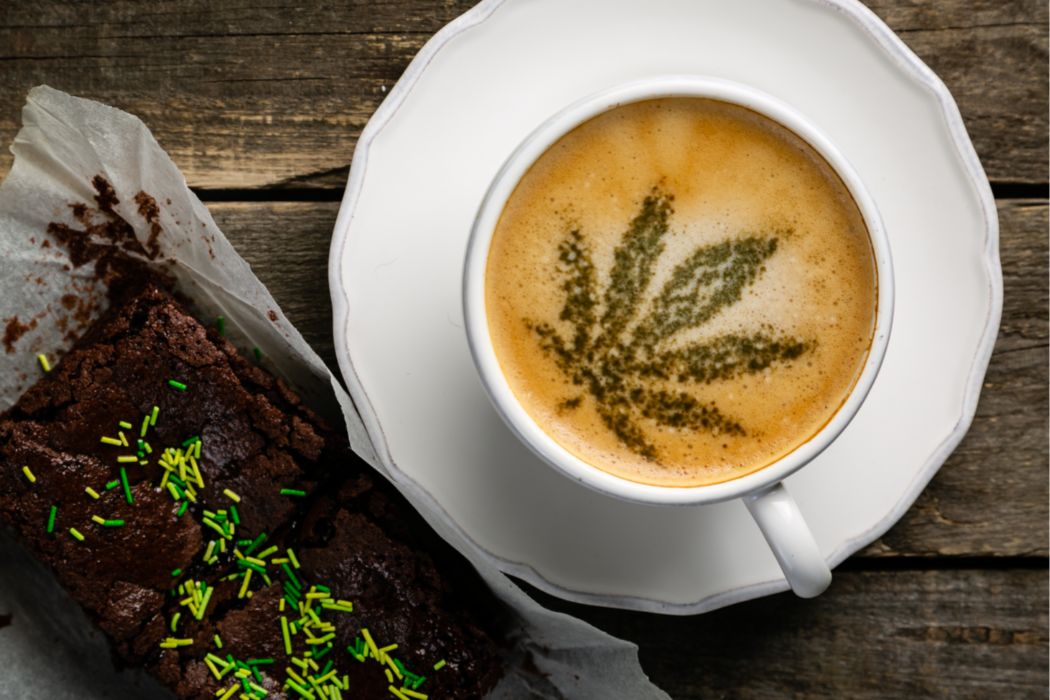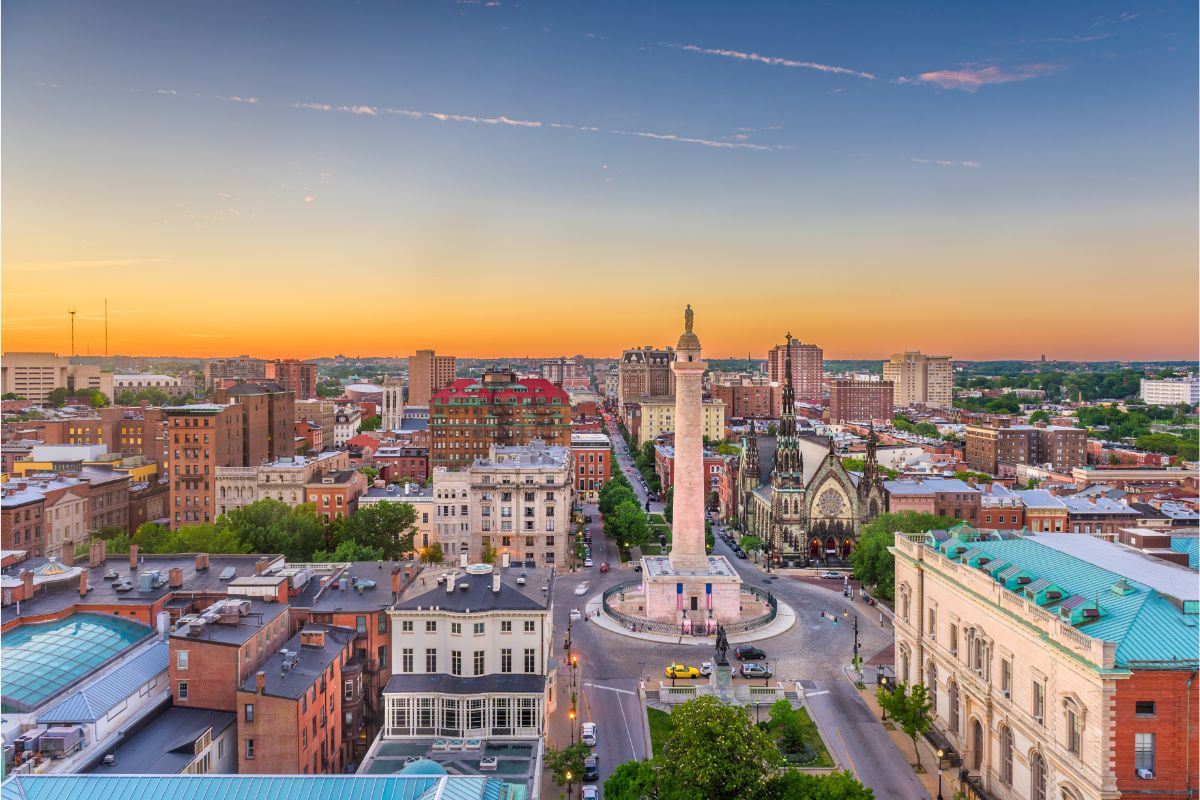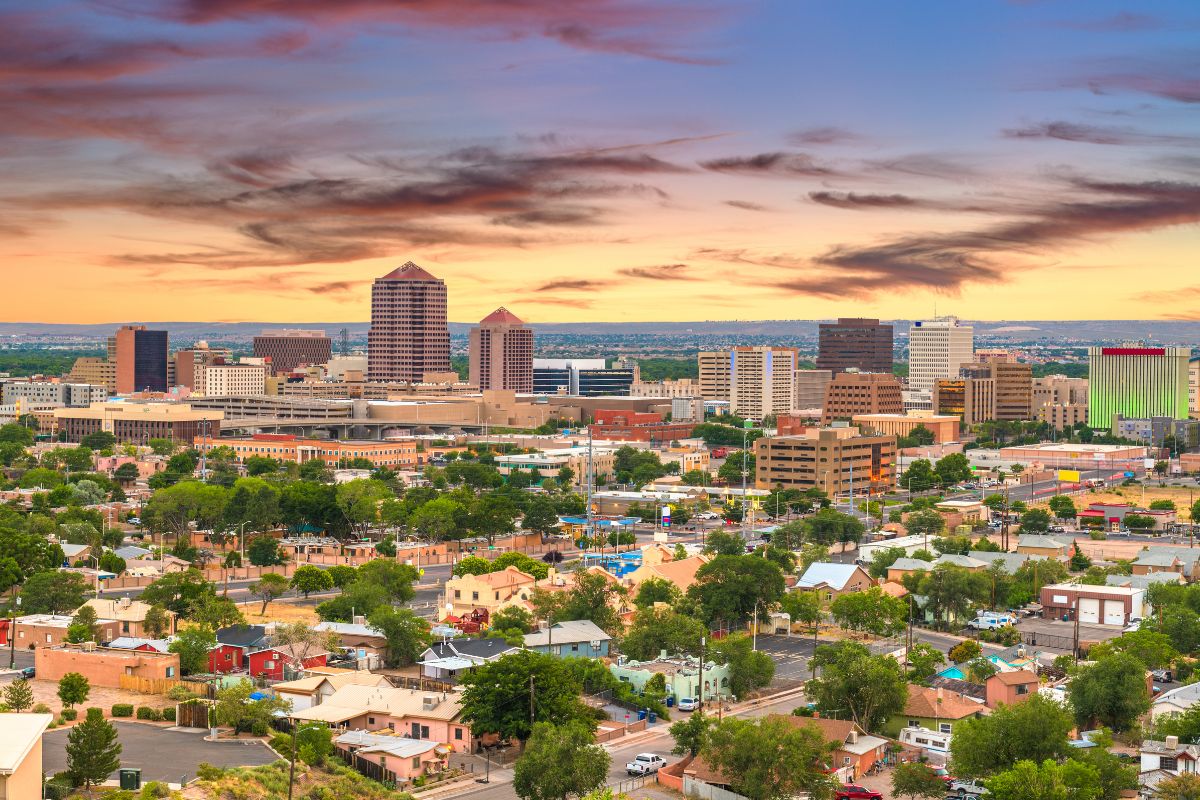Currently, 47 of the 50 states – including California, Colorado, Florida, Illinois, Maine, Maryland, Massachusetts, Michigan, Minnesota, Montana, Nevada, New Hampshire, North Dakota, Oregon, Pennsylvania, Rhode Island, Vermont, Washington, Wisconsin, and Wyoming – have legalized the sale and usage of hemp-derived CBD (cannabidiol).
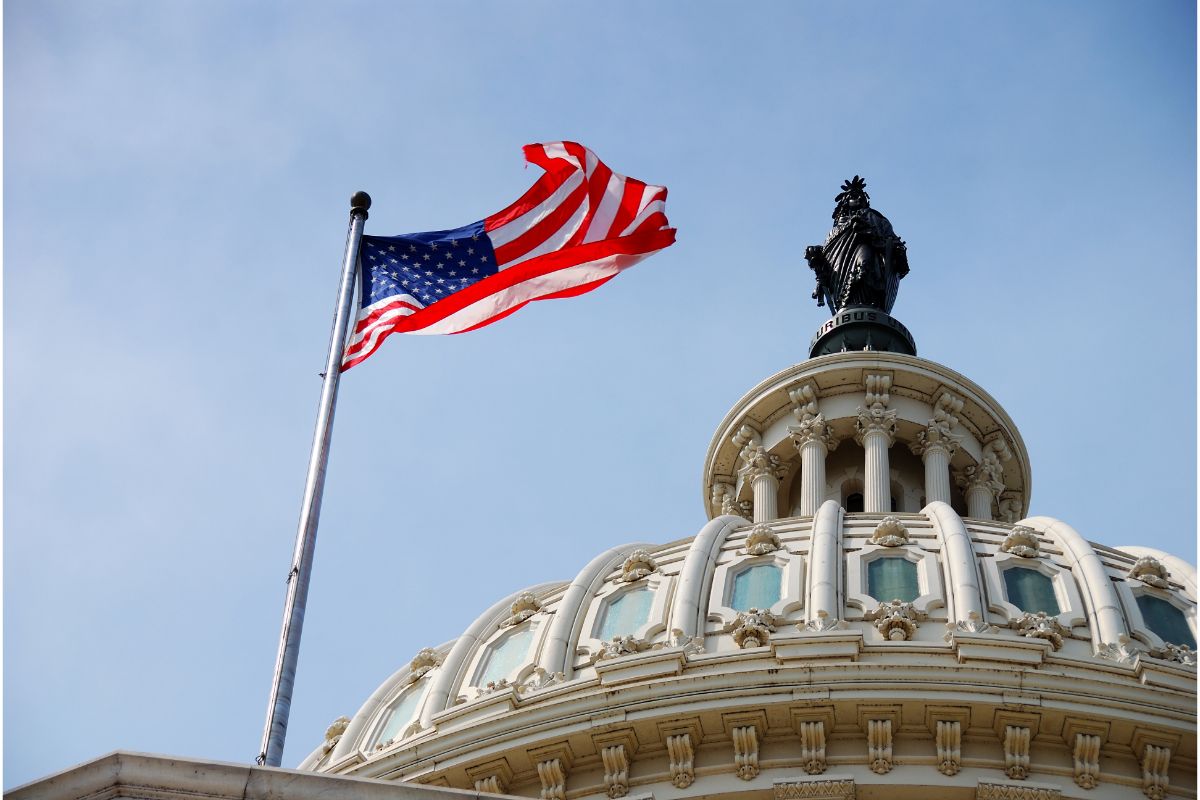
While many people are excited about the potential benefits of CBD, it is important to note that there are still state laws that prohibit the sale and consumption of CBD products.
In fact, some states have specific regulations regarding how much CBD products can contain, whether they must be tested for contaminants, and even what types of labels can be used.
For example, while most states allow for labeling that says “hemp extract,” some require that the product be labeled as “CBD isolate.”
Some states also restrict where CBD products can be marketed. In addition, some states do not permit the sale of CBD products online.
While the legality of CBD (see also: Is CBD Legal In Nebraska?)varies widely across the United States, it is essential to know that you cannot simply take a trip around the country and purchase CBD products without knowing the rules in each state.
CBD is still considered a Schedule I drug under the Controlled Substances Act. However, many states have passed legislation allowing patients access to CBD.
While some states have legalized CBD outright, others have given patients permission to use CBD as part of treatment programs. This makes buying CBD legally tricky.
2018 Farm Bill
The 2018 Farm Bill changed how farmers could grow hemp. Previously, farmers had to register with the DEA and pay taxes on their crops. Now, however, farmers can simply apply for a permit to grow hemp.
But while this change allows farmers to grow hemp without having to worry about getting caught, it doesn’t mean that they’re allowed to sell it. Currently, most states don’t recognize hemp as a legal crop.
So even though farmers can grow hemp, they can’t sell it unless state law changes.
Let’s look at a few restrictions that are in place.
Idaho
The Idaho Legislature passed a bill in 2018 legalizing industrial hemp production in the state. As we’ve mentioned, this allows farmers to grow hemp without fear of prosecution. However, there are still some stipulations.
Any hemp-derived CBD product sold in Idaho must meet two conditions. First, it must contain no more than 0.3% THC. Second, it must be labeled as “Not Marijuana.”
In simple terms, this means that the CBD can only come from certain parts of the plant. For example, the flowers cannot be used because they contain too much THC. Instead, the leaves are harvested. These leaves are dried and pressed into oil.
Then, the oil is extracted and filtered. Finally, the remaining liquid is mixed with alcohol and distilled. The resulting distillate is called “hemp extract,” and it contains CBD without THC.
Nebraska
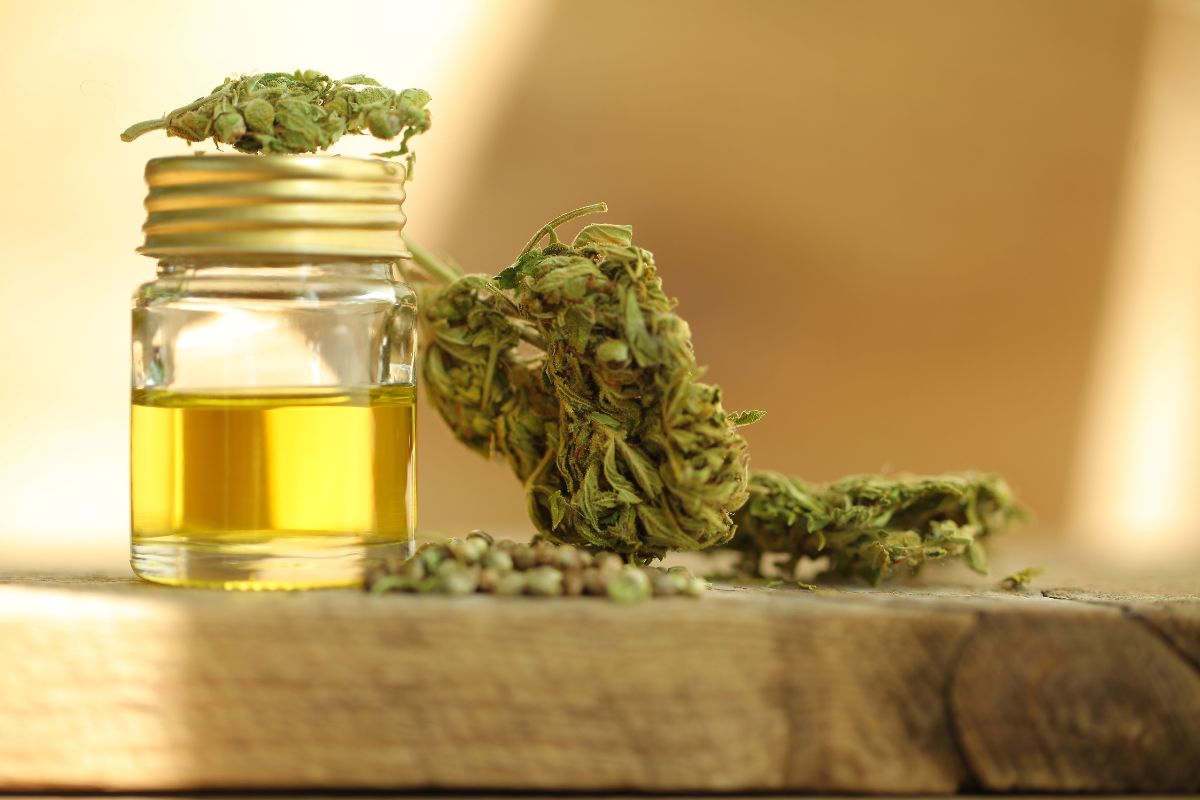
CBD is still technically illegal in the state of Nebraska, but hemp-based CBD was decriminalized by a bill passed on May 31, 2019.
Any CBD product sold in Nebraska must contain less than 0.3% THC and follow specific manufacturing, testing, and distribution requirements. This includes labeling, packaging, and shipping processes.
The law does not apply to medical marijuana patients, nor to industrial hemp farmers. However, it does mean that people are no longer subject to arrest for possessing CBD oil, CBD food supplements, or CBD-infused products.
Controversy
Cannabis has been used medicinally for thousands of years. As we know its active ingredients include THC and CBD, both of which have powerful medical properties.
But there’s a big problem regulators face with the cannabis plant; many of the compounds it produces can be powerfully medicinal, while others produce psychoactive effects.
Historically, regulators worldwide have simply axed the benefits of the cannabis plants to keep the intoxicating components illegal — but times have really changed. People want access to the myriad health benefits of cannabinoids like cannabidiol (CBD).
And after decades of lobbying and protest, the legal status of marijuana is finally being evaluated around the world.
In the United States, the changes are slow and frustratingly complicated, but the tide seems to be turning with the new 2018 law.
The passage of this legislation marks a major victory for those fighting for the legalization of cannabis. However, there is still much work to be done.
Many states have passed bills legalizing recreational use of cannabis, but the implementation of such laws varies widely. Some states have implemented regulations that allow for the sale of cannabis products, while others do not permit retail sales at all.
Safety
CBD oil is becoming increasingly popular among consumers because it doesn’t contain THC, the psychoactive ingredient found in marijuana. But some people still worry about side effects like drowsiness, dizziness or even feeling “high.”
The truth is, there haven’t been many studies done on CBD oil, so we don’t really know how it affects most people. However, experts do agree that CBD oil shouldn’t replace traditional medicine.
If you’re interested in trying CBD oil, talk to your doctor first to see what dosage is best for you. And of course, always check the legalities of the state you live in.
Evidence
As mentioned earlier, CBD has been touted as a great remedy for a long list of conditions including pain relief, inflammation, cancer, diabetes, and even psychosis.
But perhaps one of the most important is that it can treat some of the most cruel illnesses in children, such as epilepsy syndromes like Dravet syndrome and LGS, which aren’t well treated with mainstream medicine.
There have been a few studies showing that CBD can reduce epileptic seizures, and in many cases, stop them entirely.
Epidiolex, the first cannabis-derived medication approved by the Food and Drug Administration for children with severe forms of epilepsy, contains high concentrations of CBD.
Animal studies, and self-reported research in humans, show CBD may also help with anxiety, depression, PTSD, schizophrenia, Alzheimer’s disease, Parkinson’s disease, multiple sclerosis, migraines, and chronic pain.
And it’s for these reasons the laws are changing gradually.
In Summary
The legalities of CBD (see also: Is CBD Legal In Hawaii?)vary greatly from state to state, and even within states. While CBD is completely safe when used as directed, it’s important to note that it should never be taken if you’re pregnant or nursing.
In addition to the above, it’s also important to remember that CBD isn’t legal everywhere, and it’s definitely not legal under federal law. So before using CBD, make sure you understand the laws where you live.
- Is CBD Legal In Nebraska? - January 16, 2023
- FabCBD Review - January 16, 2023
- Full Spectrum Vs Broad Spectrum For Anxiety - January 16, 2023

